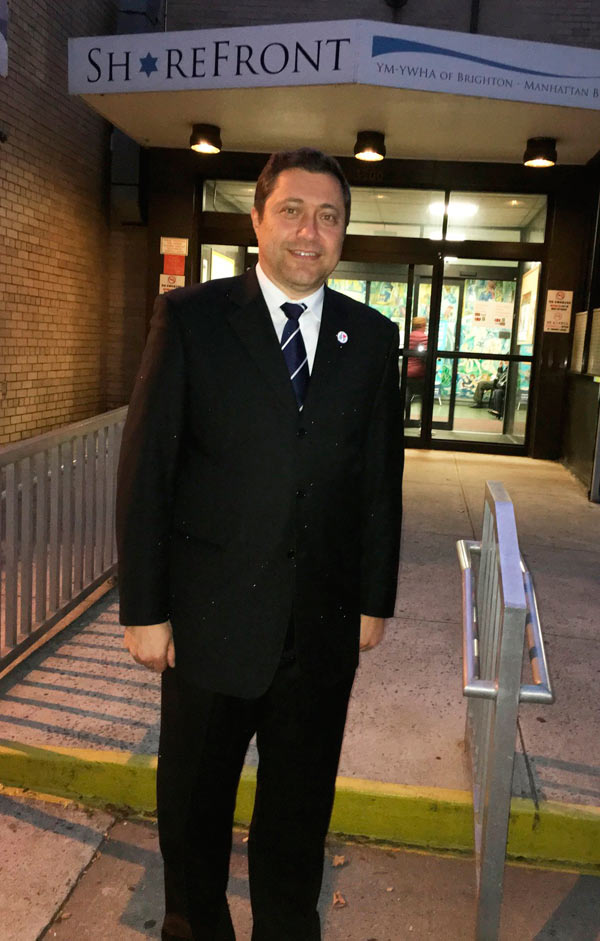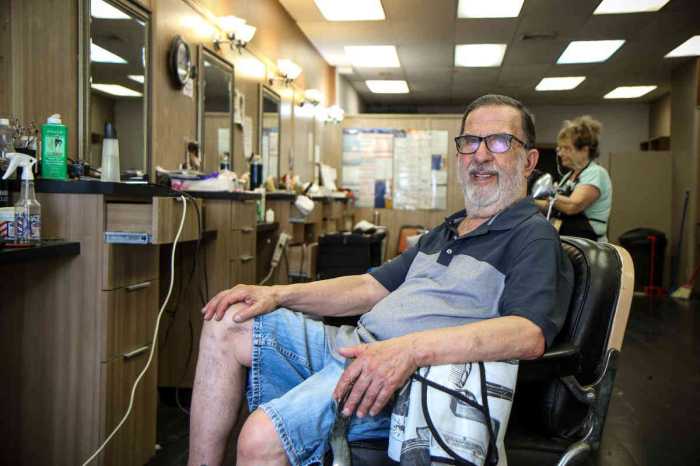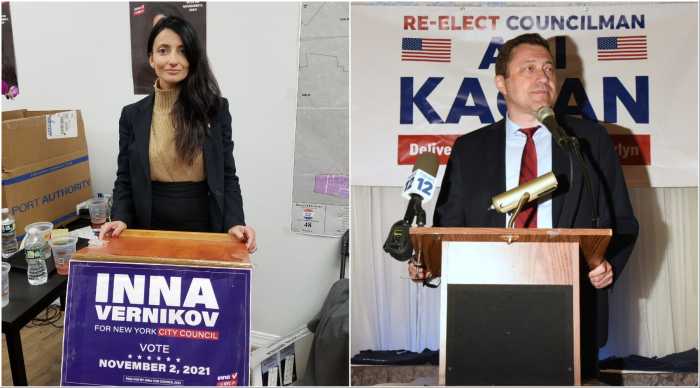Now you’re speaking their language!
The city will station Russian-speaking translators at more than a dozen polling sites across Southern Brooklyn for the upcoming general election on Nov. 7 as part of a pilot project that could go citywide.
Seniors who hail from the former Soviet Union have long felt disenfranchised when they went to go do their most important civic duty on election day — either because they didn’t know if they were in the right place, or couldn’t even read the ballot — and couldn’t find help in their own language. So this program will be a big help to the large Russian-speaking community in Little Odessa and the surrounding neighborhoods, said Brighton Beach district leader Ari Kagan, who saw the problems first-hand during last month’s primary vote.
“On Sept. 12, I was at many polling sites in my district and outside, it was very bad. I saw many confused seniors, like 91-years-old,” said Kagan, who also speaks Russian. “It will help tremendously, I will guarantee the turnout in the Russian-speaking community will be higher, experience will be better, they will not face so much confusion.”
Councilman Mark Treyger (D–Coney Island) worked with the Mayor’s office and Council Speaker Melissa Mark-Viverito (D–Bronx) to allocate $350,000 for the program, which will provide enough cash for Russian translators at 15 poll sites in South Brooklyn, plus Haitian-Creole translators at five poll sites in South Brooklyn. The translators will all be stationed outside the polling site on election day and will assist voters in assuring them they are in the right place, or help them interpret ballot instructions, according to a spokesman for City Hall.
The Board of Elections, under federal law, already requires the city to provide Spanish, Chinese, Korean, and Bengali translators in districts that meet a certain population thresholds, the spokesman said.
The city will evaluate the project after November, the spokesman said — but with 120,000 Russian speakers and 49,000 Haitian-Creole speakers in the city, it’s crucial that the program expands citywide, said Treyger.
“Recent low voter turnout in the last election is further proof of the need to increase language access at poll sites,” Treyger said. “Voters should not be turned away because no one could tell them if they were at the right poll site or not. I am proud to have advocated for and secured funds for a pilot program to provide interpreters for Russian and Haitian Creole speakers at 20 poll sites in Brooklyn, and hope for a smooth rollout in November.”

























